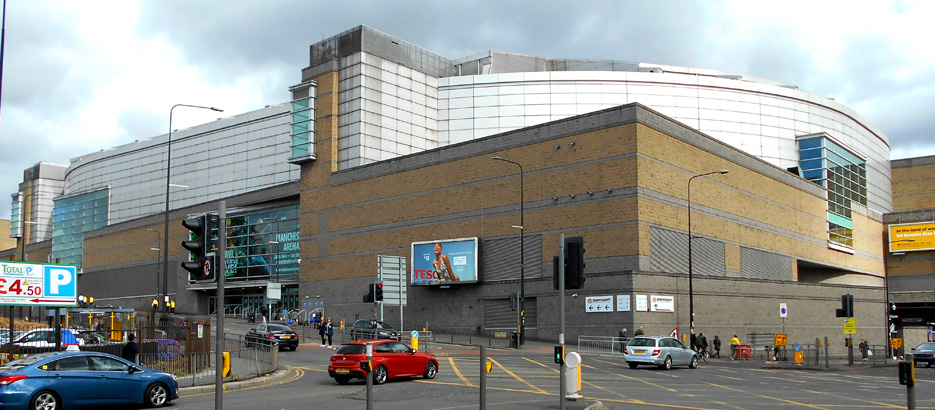MANCHESTER Arena suicide bomber Salman Abedi should have been identified as a threat on the night of the atrocity by those in charge of security, a public inquiry into the 2017 attack has found.
Inquiry chairman Sir John Saunders found there were missed opportunities to prevent the ‘devastating impact’.
In his damning conclusions delivered yesterday, Saunders said that there was no security at the venue at all. The teenagers that the private company responsible SMG and Showsec had employed as ‘security’ had no proper training, despite the country being on a high terror alert level.
Abedi had walked into the venue with a massive backpack, and although he had sat down for twenty minutes in a quiet spot saying his prayers, and those in charge were alerted to the fact, he was not apprehended.
Key findings of the inquiry:
- There was no British Transport Police (BTP) officer present in the foyer and ‘no satisfactory explanation’ for this.
- BTP officers bear personal responsibility for failing to follow clear instructions.
- Abedi hid in a CCTV blindspot which had existed for a number of years. If addressed the attack could have been ‘disrupted or deterred or fewer people killed’.
- Showsec was criticised for not ensuring staff properly checked the mezzanine where Abedi hid.
- Counter-terrorism training given to stewards was a ‘significant failure’ and risk assessments by SMG and Showsec were ‘inadequate’.
- SMG and Showsec ‘failed to take steps to improve security at the arena that they should have taken’.
The first of three reports published by the public inquiry, which began in September 2020, has levelled criticism at British Transport Police (BTP), the arena operators SMG, and their contracted security providers, Showsec.
Twenty-two people died in the bombing.
Hundreds more were also injured when Manchester-born Abedi, who was of Libyan descent, walked across the foyer of the arena at the end of an Ariana Grande concert and detonated the bomb at 10.31pm on 22 May 2017.
The bomber and his brother went to Libya to join the terror forces fighting Libyan leader Colonel Gadaffi. They were allowed to leave the UK and allowed to return. They lived amongst the Libyan community in Manchester where they plotted to murder the working people of Manchester and their children.
